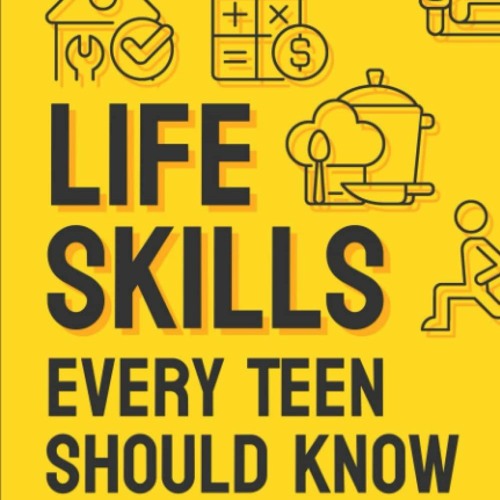Introduction:
Being a teacher is no easy feat, especially when dealing with overbearing parents who seem to have unrealistic expectations or outrageous requests. Here are some eyebrow-raising parent requests that teachers had to deal with, making the education sector a whole new bag of challenges.
1. Can You Babysit My Child After School?
One parent had the audacity to ask a teacher if they would babysit their child after school hours. Not only is this request inappropriate, but it also disregards the boundaries between professional and personal life. Teachers are not babysitters, they are educators doing an important job.
2. Can You Adjust My Child’s Grade to an A?
Yes, you read that right! A parent once asked a teacher to change their child’s grade from a B+ to an A simply because they thought their child deserved better. Demanding such preferential treatment undermines the grading process and creates an unfair environment for other students.
3. Please Teach Only Vegetarian Food in Cooking Class
In a cooking class meant to expose children to different food cultures and ingredients, one parent requested that only vegetarian dishes be taught. While being conscious of dietary choices is vital, it is unreasonable to impose personal preferences on others in this manner.
4. Can My Child Skip Homework or Exams due to Extracurricular Activities?
Parents often want their children to engage in various activities beyond academics. However, asking for exemptions from homework or exams because of extracurricular engagements is asking too much from already overstretched teachers.
5. Contact Me Immediately if My Child Gets a Low Score
While concern for your child’s academic progress is understandable, demanding immediate contact for every minor blip puts undue stress on teachers. With so many students under their watch, this request can add unwarranted pressure on educators.
6. Allow Extra Screen Time During Class
In our increasingly digital world, screen time management has become a pressing concern for parents and educators alike. However, a parent asking a teacher to permit their child to have extended screen time during class hours for entertainment purposes is completely unreasonable.
Conclusion:
Teachers are entrusted with molding young minds into responsible adults. While parent involvement in education is essential, crossing boundaries with outlandish requests only impedes the learning process. By understanding and respecting the role teachers play in our children’s lives, we can foster healthier relationships and better educational experiences for everyone involved.











